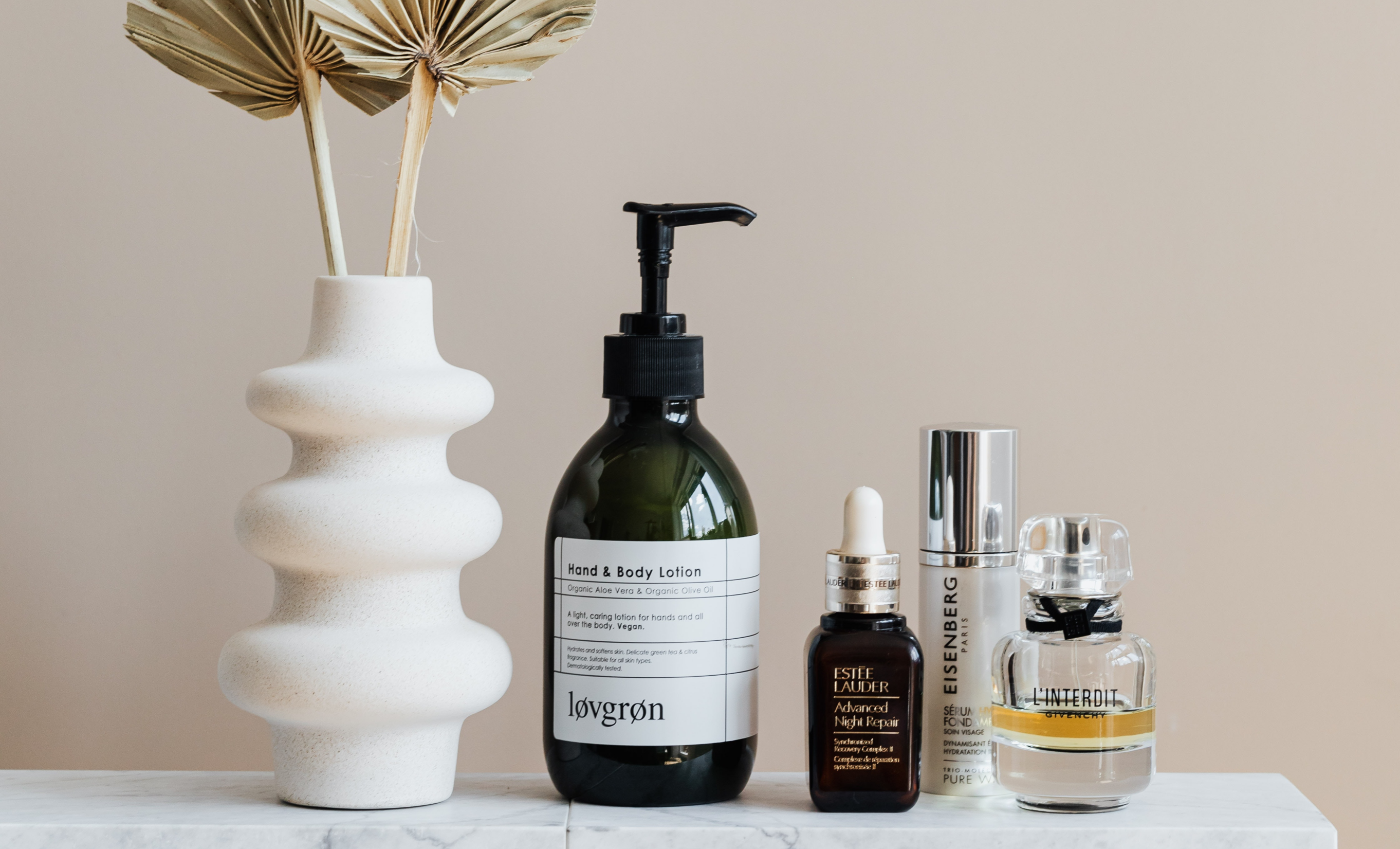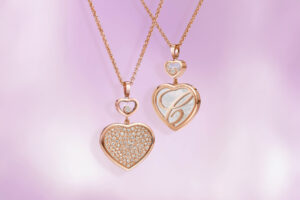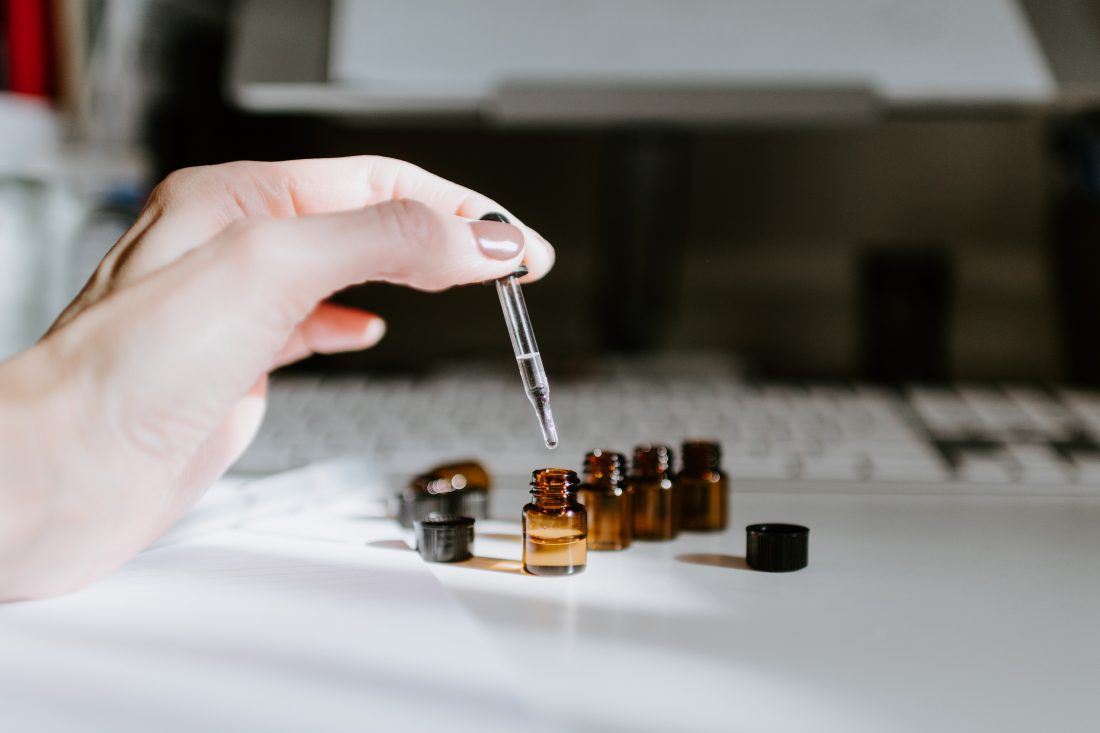
In the world of beauty and skincare, there are a number of controversial ingredients that have lofty claims, but in actuality are not as nice as they appear. Out of the many misconceptions being spoon-fed to the world, one of these ingredients that have been highly discussed lately is: essential oils. Whether you love them or hate them, there’s actually a lot more to them than homeopathy and aromatic diffusers. If you’re one of the people who have had less than successful results with natural products or clean beauty products, chances are you’re reacting badly (or allergic) to the essential oils that are often found in these products.
If you’re a beauty addict, you must have also come across products called facial oils, or plant oils, which contributes to further confusion when navigating your favourite products that contain essential oils and plant oils. Though they may sound similar, they couldn’t be more different than one another – offering vastly different benefits and caveats of their own. We’re breaking everything down, so you too will be able to curated your skin routine effectively.
Getting to know essential oils
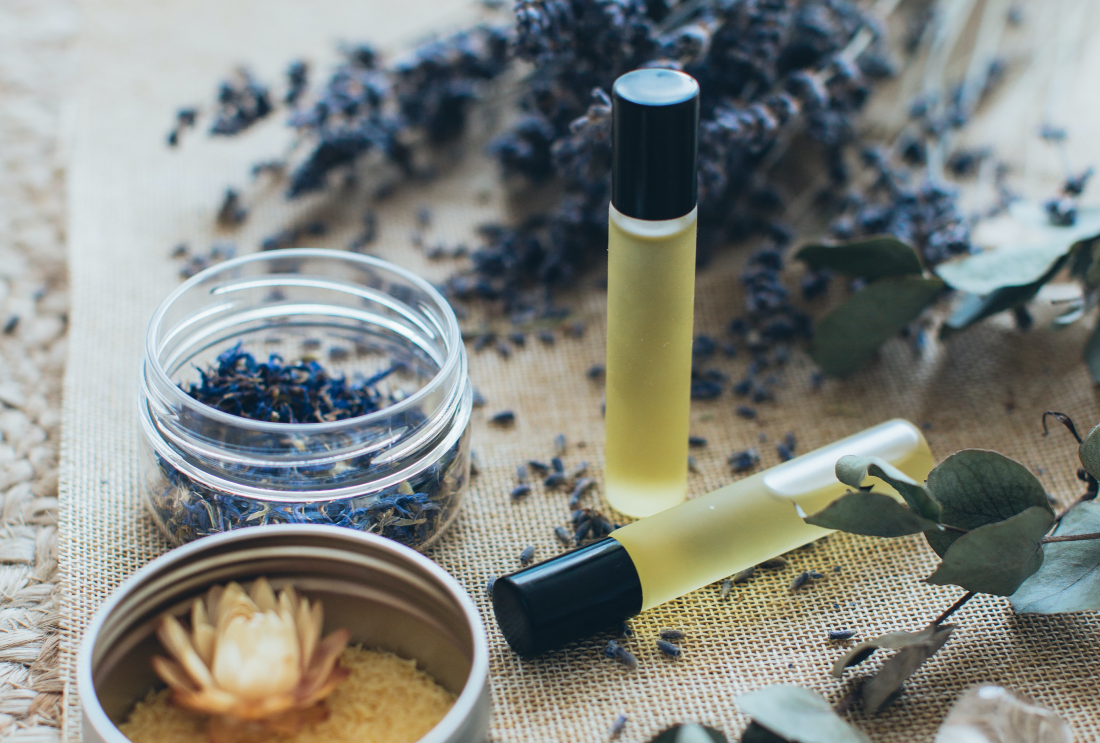
Essentials oils are basically a concentrated mixture of natural compounds derived from different part of the plant, such as the flowers, buds, leaves, twigs, bark, fruits, roots, et cetera. They are created when a plant goes through a steam-distillation or cold-pressing process, and turns it into a highly concentrated liquid. Essential oils, despite being called oils, actually don’t feel greasy or oily at all compared to botanical oils. As pure plant extracts, they evaporate quickly like water, and don’t ‘sink’ into the skin like botanical oils or our everyday skincare products. Popular examples of essential oils are lavender, lemon, bitter orange, frankincense, rose geranium, bergamot, and tea tree.
However, they also contain potent aromatic and volatile compounds, and especially for topical use, require to be mixed with a ‘carrier oil’, or a thicker oil that doesn’t evaporate as easily. This allows us to ‘carry’ the essential oils onto the skin. This is where plant oils, or botanical oils come in.
Plants oils a.k.a botanical oils a.k.a facial oils
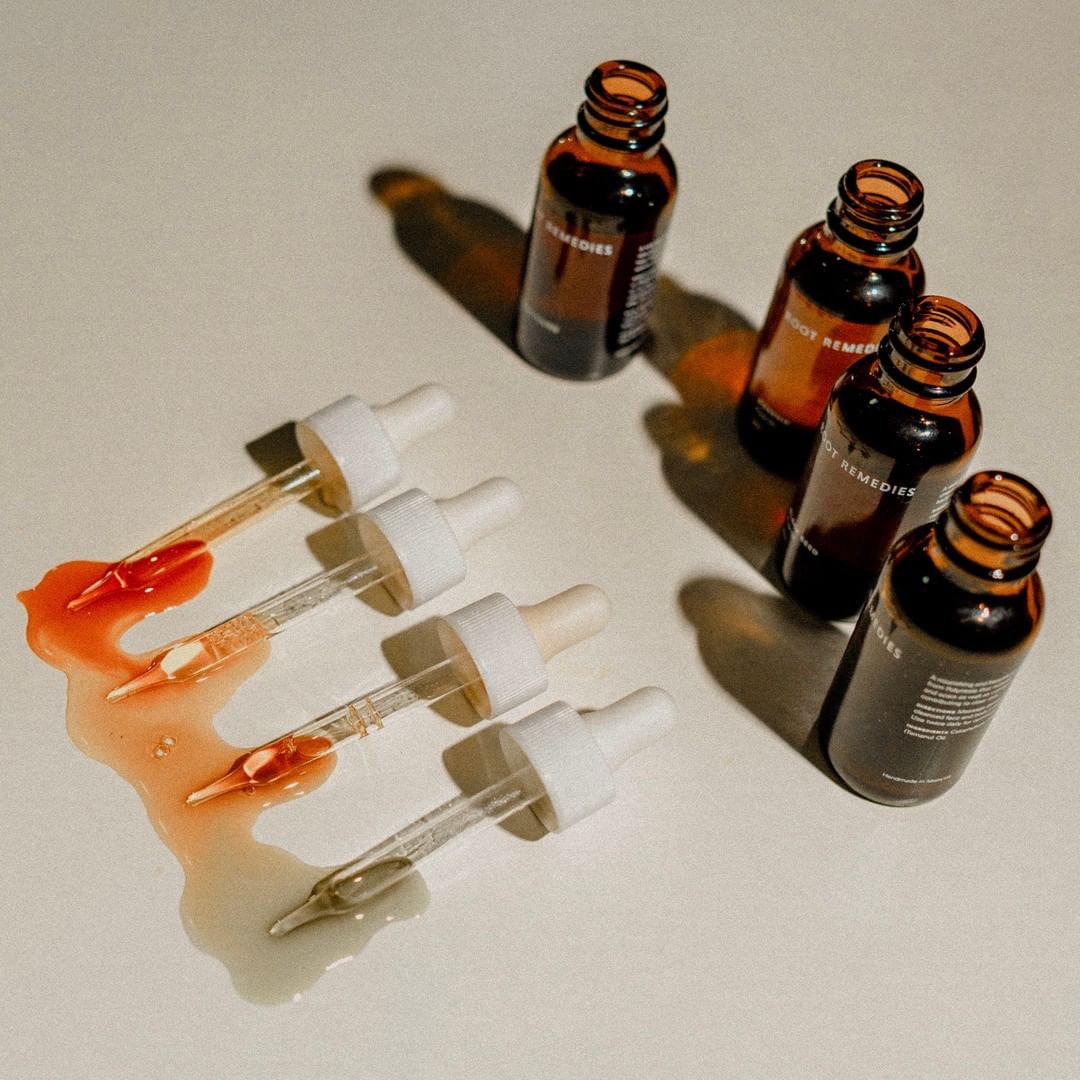
Botanical oils are also known as plant oils, and they are the fats that are taken from plants – usually from its seeds, kernels, or nuts. They contain fat-soluble vitamins, minerals, antioxidants, and nutrients that are actually nourishing to the skin. Commonly used plant oils or carrier oils are jojoba oil, olive oil, castor oil, rosehip oil, almond oil, tamanu oil, and avocado oil. They have a more ‘stable’ state compared the essential oils, and are able to stay on the skin without evaporating.
These botanical oils can also be highly beneficial in supporting and repairing your skin’s protective moisture barrier, as the latter is made up of many of the same lipids found in plant oils. Jojoba oil, for example, has a fatty acid profile that’s chemically similar to our own natural sebum, making it ideal for rebalancing oily skin types.
What’s so bad about essential oils?
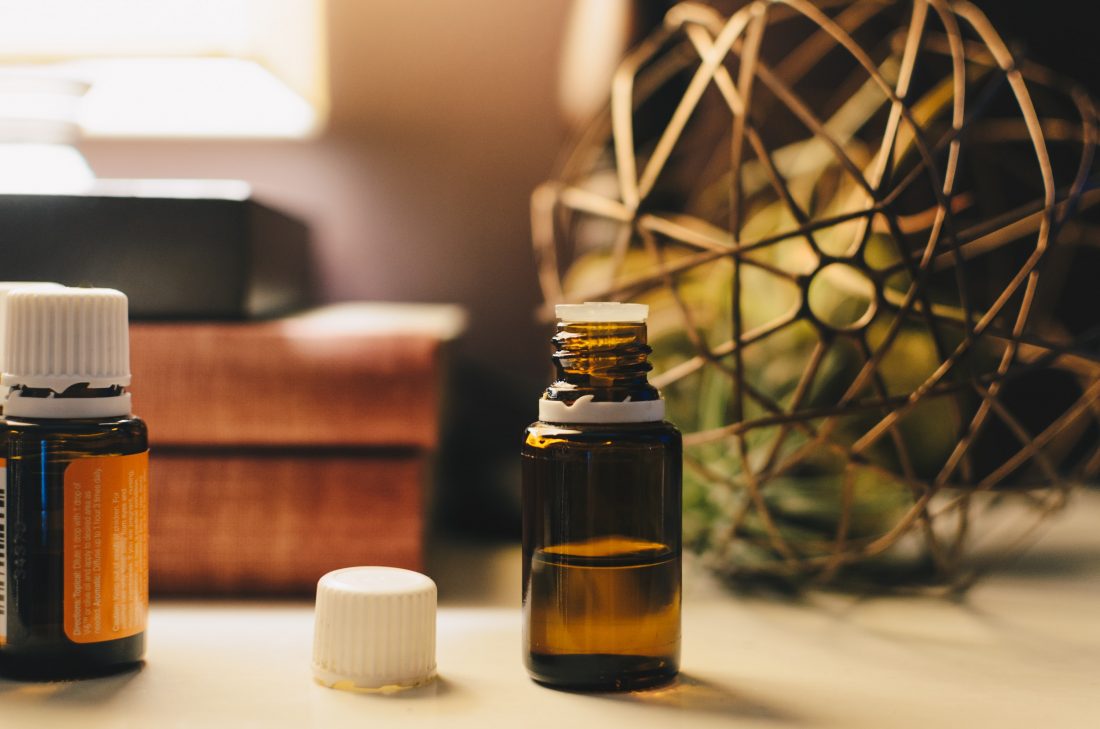
In skincare, essential oils offer little to no benefit to the skin scientifically. They’re usually included in skincare formulations as fragrance components to please our need for products to smell beautiful and luxurious, but only a few essential oils actually offer any benefit such as tea tree oil for treating acne spots. Even so, due to their unstable nature, they may actually do more harm than good in the long run. The efficacy of essential oils has also not been well studied, and some oils such as citrus oils are highly phototoxic, meaning they react with the sun to cause literal burns in your skin.
If you currently follow a skincare routine that contains essential oils but hasn’t given you any problems, by all means, to each their own. However, those who are pregnant, or with acne-prone, sensitive skin types should probably stay far away from these components. They may exacerbate blemishes and allergy symptoms, or cause unnecessary irritation to the skin. Instead, opt for facial oils with a low comedogenic rating or gentle products that focus on nursing your skin back to health.
Some skin types do benefit from using essential oils, with some enthusiasts swearing by them for miracles such as brightening dark spots, clearing their blemishes, and soothing their skin. However, using essential oils topically may do more harm than good in the long run because of their potentially irritating and drying components. So unless you have strong and healthy skin to begin with, or are using essential oils in diluted or low concentrations, those pregnant women, sensitive skin types or skin with a compromised moisture barrier should steer clear of essential oils.
On the bright side
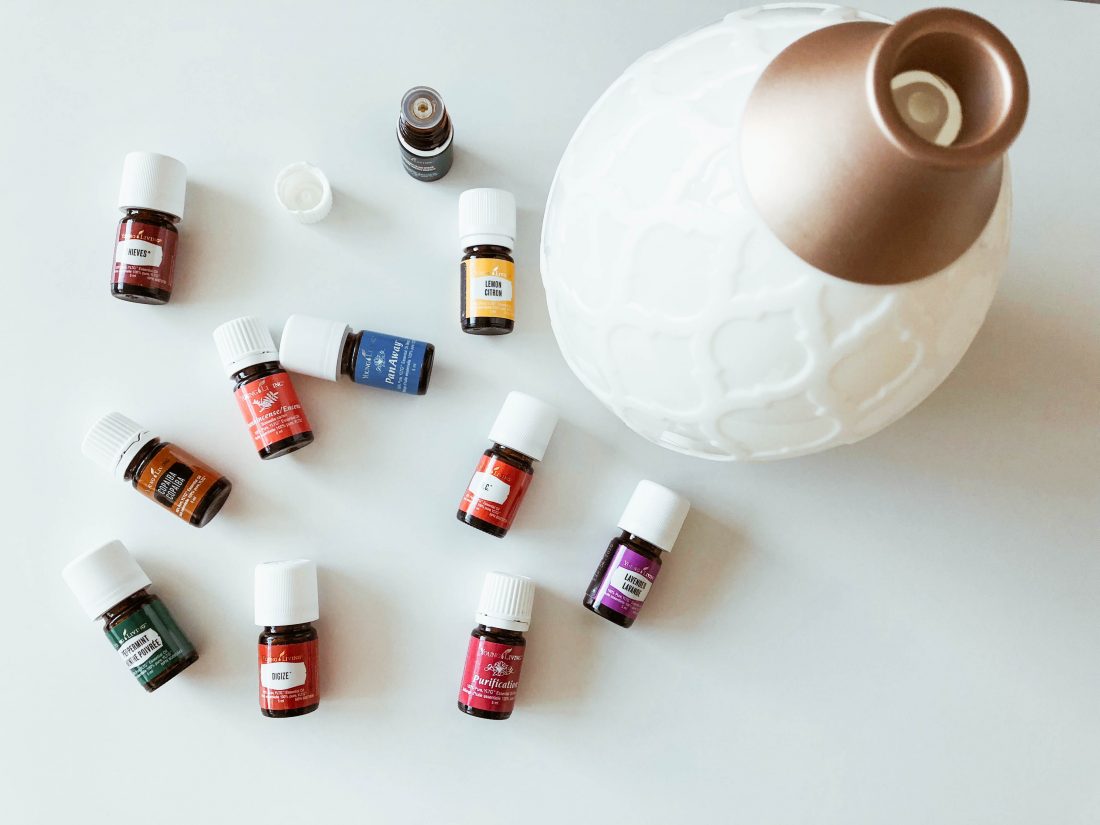
Feel free to continue using them in your aromatherapy products such as diffusers or humidifiers. Most essential oils can help to reduce stress and reinvigorate the senses, while eucalyptus oil can actually help soothe symptoms of illnesses such as the common cold. Essential oils such as tea tree and eucalyptus are also useful in repelling or killing insects and ticks, especially if you live close to nature or enjoy a weekly hike.
At the end of the day, simply be wary of what goes into your skincare products and be knowledgeable about what your skin craves and what it needs. As tough as your skin can be, it is still a sensitive organ that requires nothing less than your gentle TLC. You should also always, always perform a patch test on small areas on your skin, such as the inside of your elbow or behind your ear before introducing a new product to your routine.




